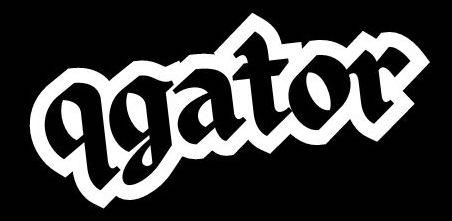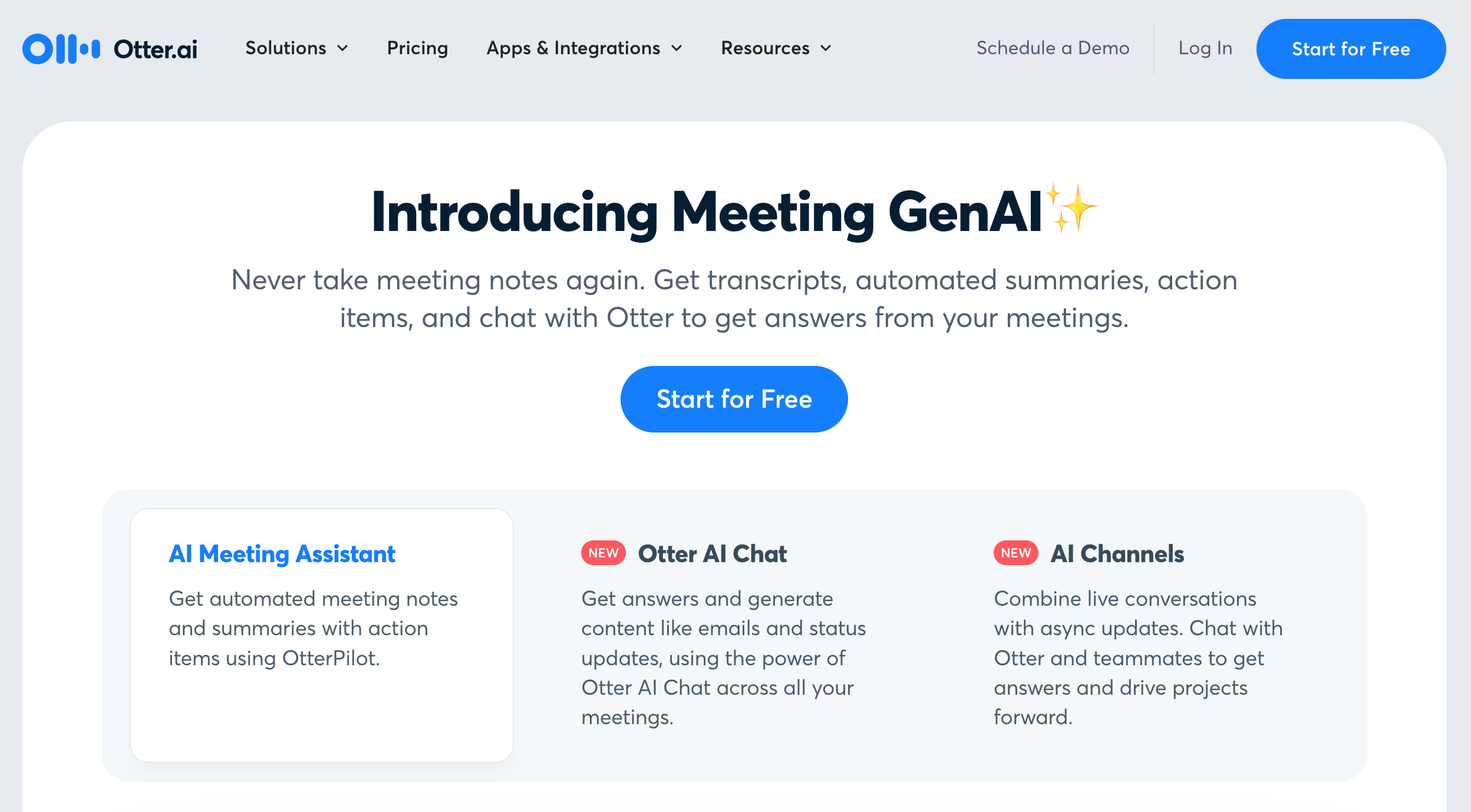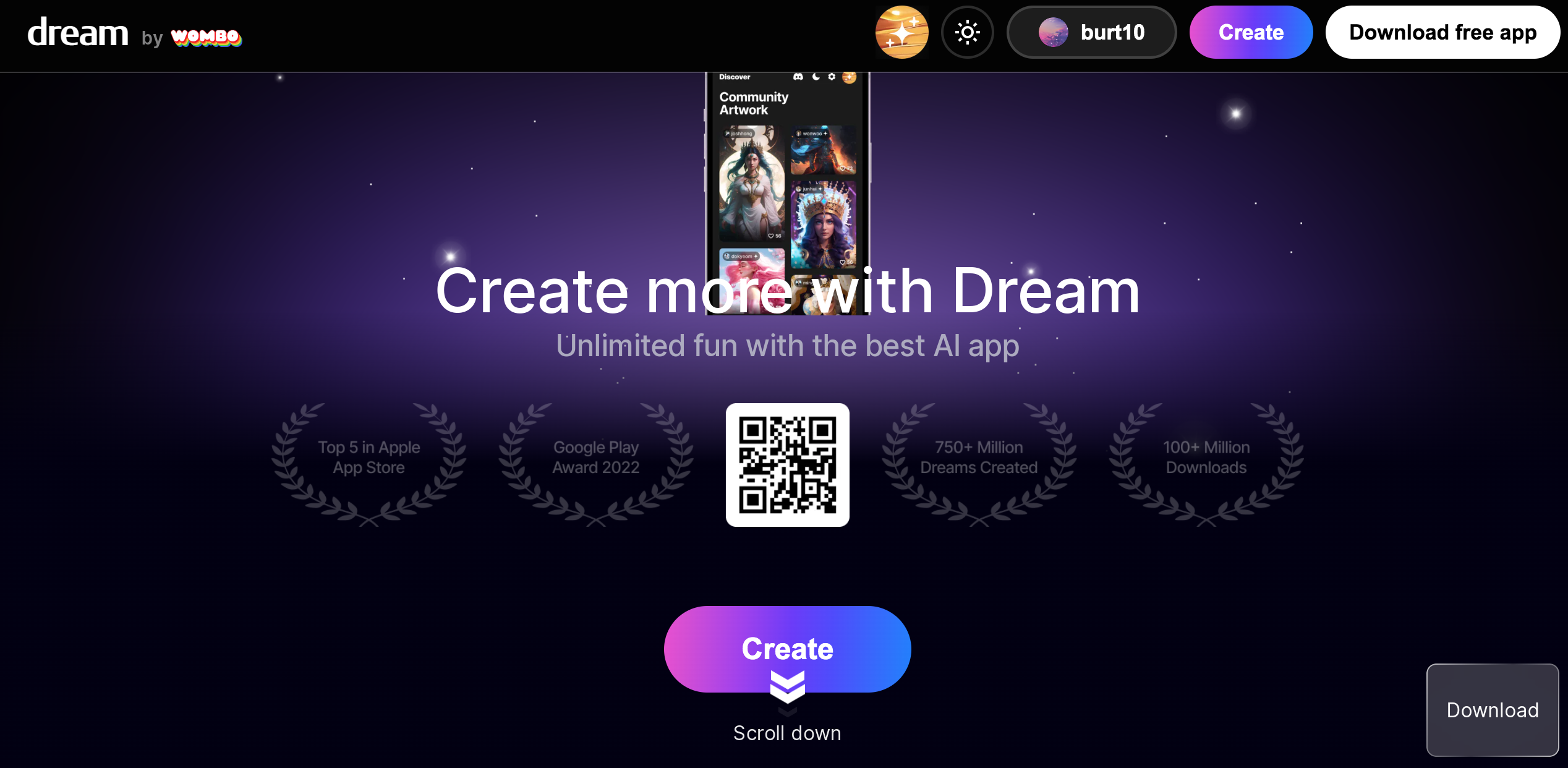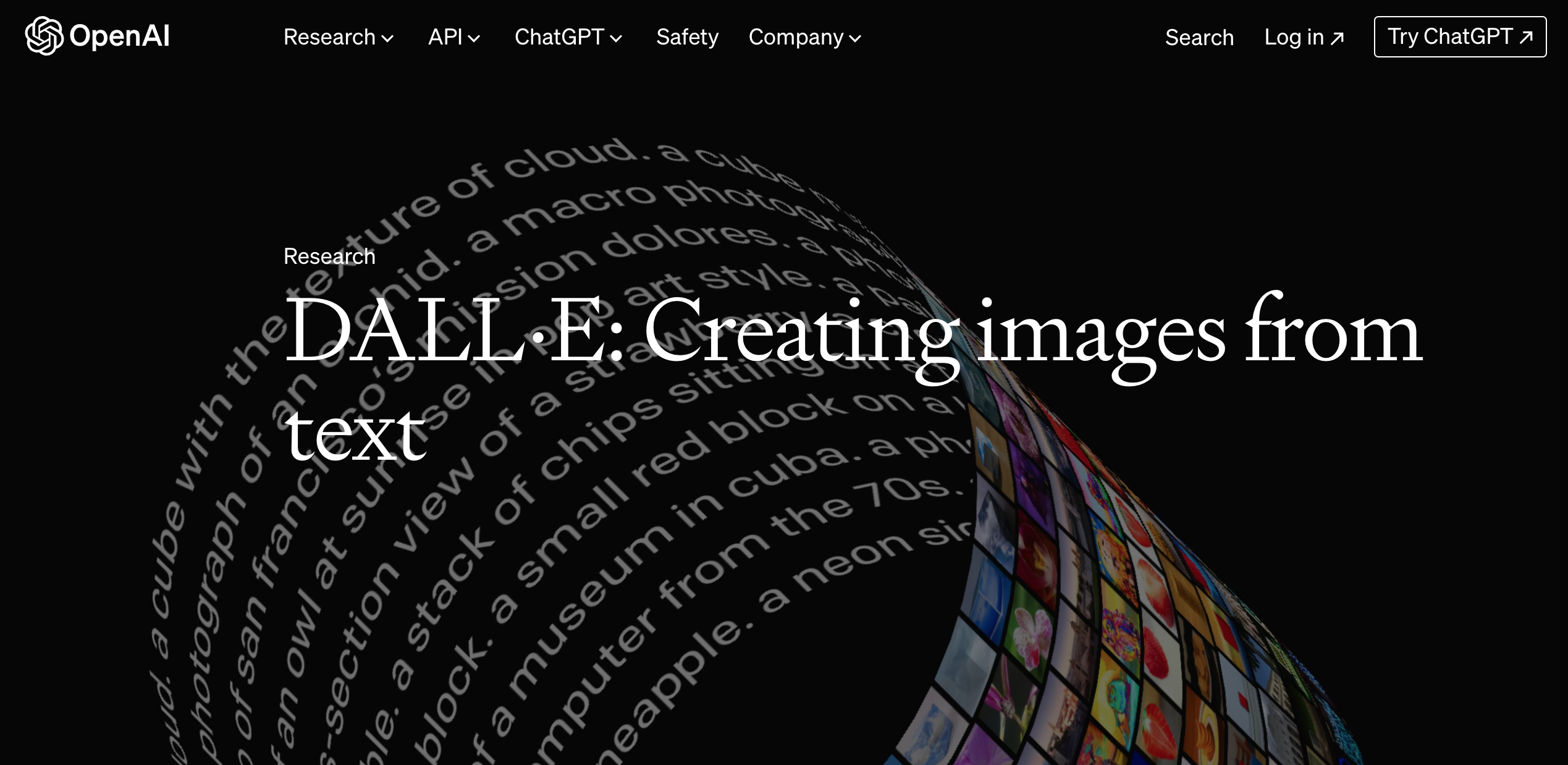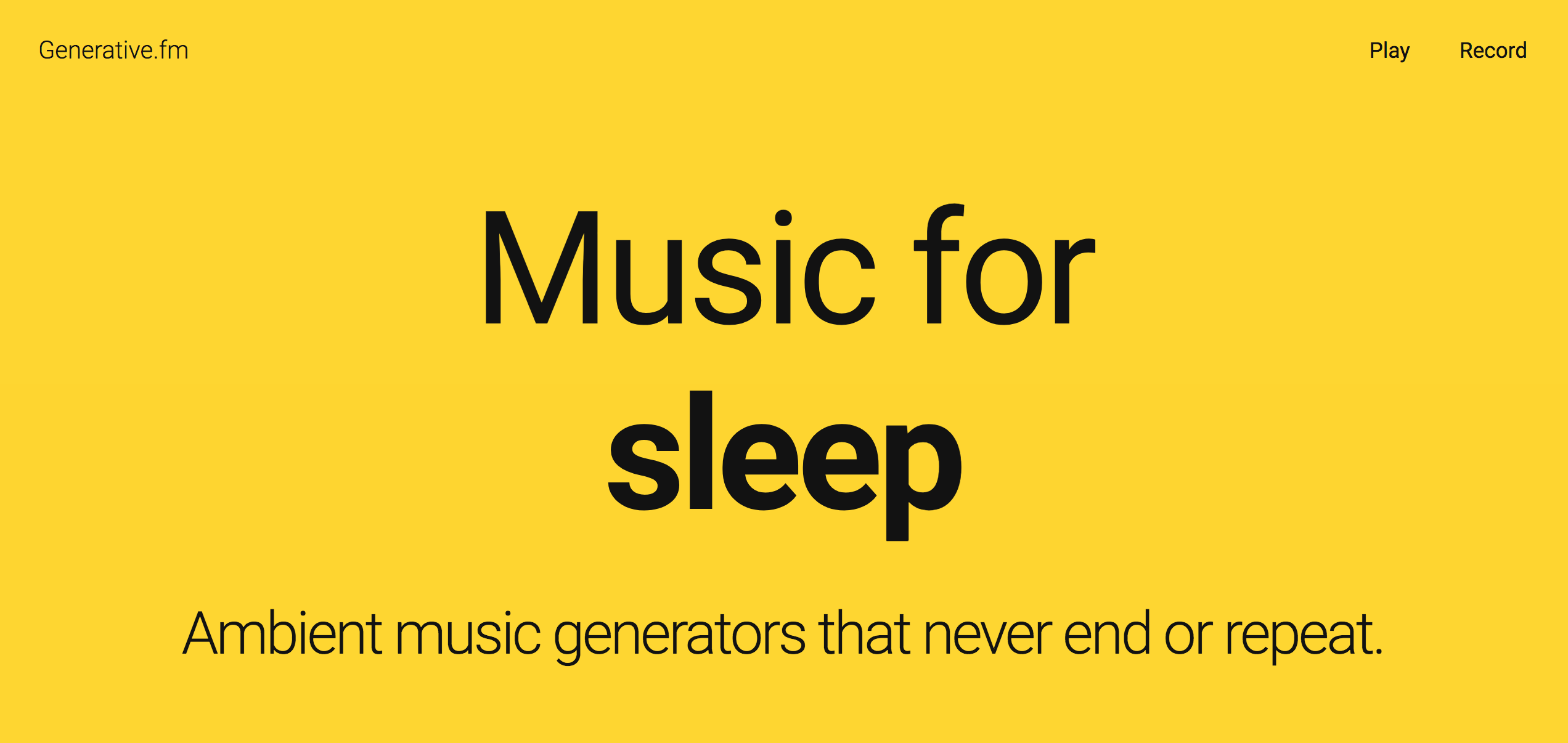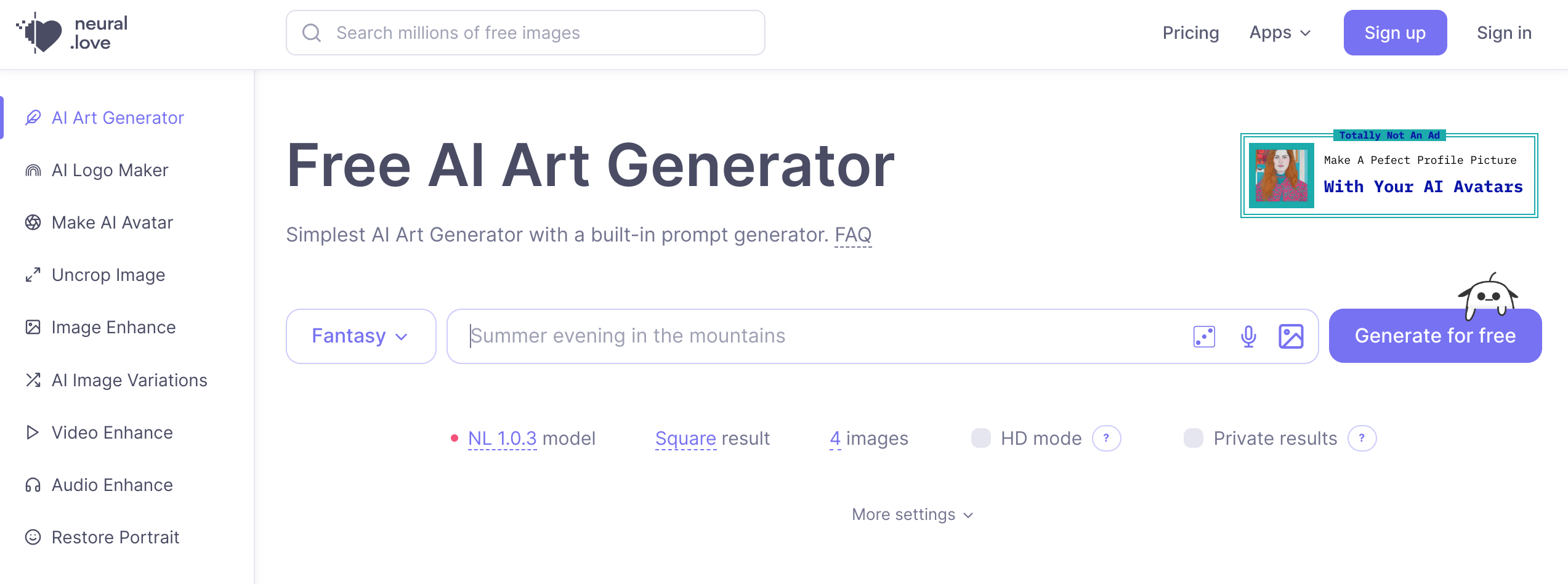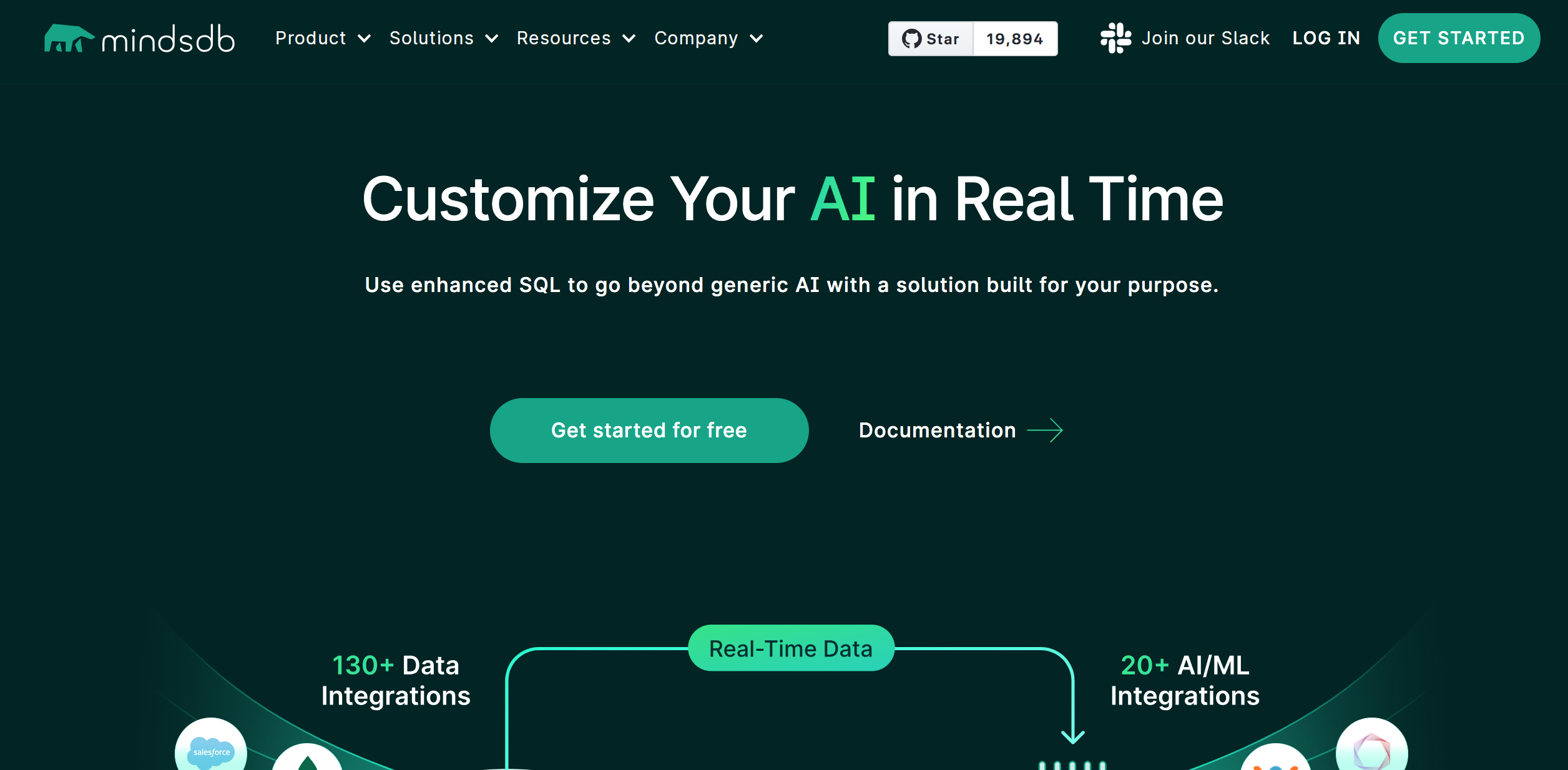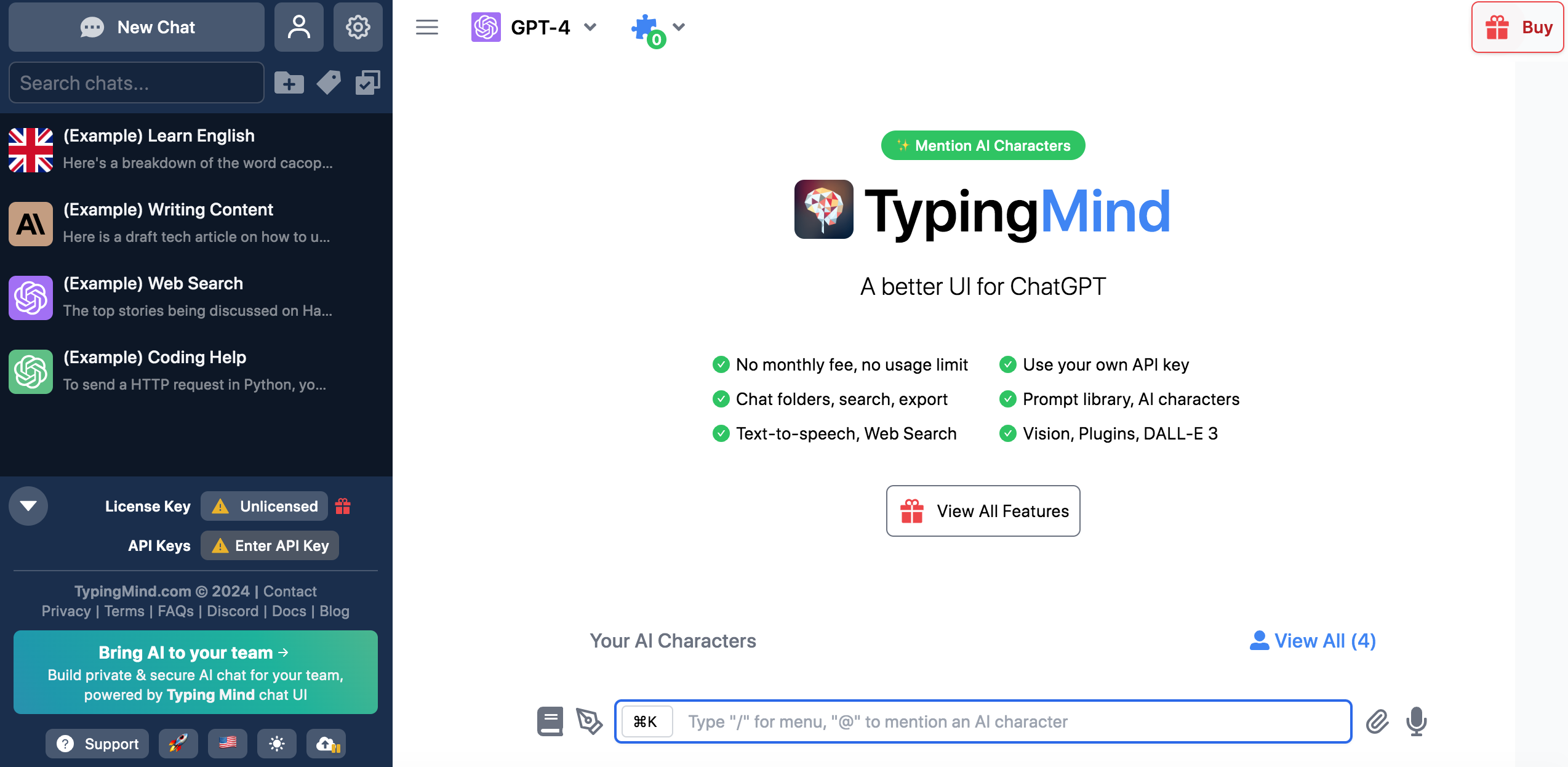I. Introduction
The blockchain industry has been growing rapidly over the past few years, with a variety of projects and platforms emerging to cater to different needs. One crucial aspect of any blockchain project is the ability to access and use accurate data in a secure and decentralized manner. This is where decentralized oracle networks like Tellor come in. In this review, we’ll take a closer look at what Tellor is, how it works, and why you should consider using it.
II. What is Tellor?
Tellor is a decentralized oracle network that provides reliable and accurate data to decentralized applications (dApps) on the Ethereum blockchain. Its goal is to ensure that smart contracts can access real-world data in a decentralized manner, without having to rely on centralized data sources.
One of the key features of Tellor is its use of a Proof-of-Work (PoW) consensus algorithm to verify the accuracy of data provided by its network of miners. This helps to ensure that the data is correct and hasn’t been tampered with, making it a reliable source of information for dApps.
III. How Does Tellor Work?
Tellor works by incentivizing miners to provide accurate data to its network. Miners are required to solve a PoW challenge to add data to the network, which helps to prevent malicious actors from tampering with the data. Once the data is added, it’s verified by other miners on the network to ensure its accuracy.
Once verified, the data is made available to dApps on the Ethereum blockchain. These dApps can use the data to trigger smart contracts, perform calculations, and make decisions based on real-world information.
IV. Why Should You Use Tellor?
There are several reasons why you might want to use Tellor for your dApp:
- Decentralization: Tellor provides a decentralized way to access real-world data, which is important for maintaining the security and privacy of your dApp.
- Reliability: By using a PoW consensus algorithm to verify data, Tellor ensures that the data provided by its network is accurate and reliable.
- Flexibility: Tellor is highly flexible, allowing dApps to access a wide range of data feeds, including prices, weather data, and more.
- Incentives: Tellor incentivizes miners to provide accurate data by rewarding them with native tokens. This helps to ensure that the network is constantly providing reliable and up-to-date information.
V. Pros and Cons of Tellor
Pros:
- Decentralized and secure way to access real-world data
- Relies on a PoW consensus algorithm to ensure data accuracy
- Highly flexible, allowing access to a wide range of data feeds
- Incentivizes miners to provide accurate data
Cons:
- Reliance on PoW may limit scalability in the long run
- Still a relatively new platform, which may pose some risks for early adopters
VI. Conclusion
Tellor is a decentralized oracle network that provides reliable and accurate data to dApps on the Ethereum blockchain. By using a PoW consensus algorithm to verify data, Tellor ensures that the data provided by its network is accurate and reliable. Its flexibility and incentives for miners make it a strong option for accessing real-world data in a decentralized manner. However, its reliance on PoW may limit scalability in the long run, and it’s still a relatively new platform. Overall, if you’re looking for a reliable and decentralized way to access real-world data for your dApp, Tellor is a great option.
